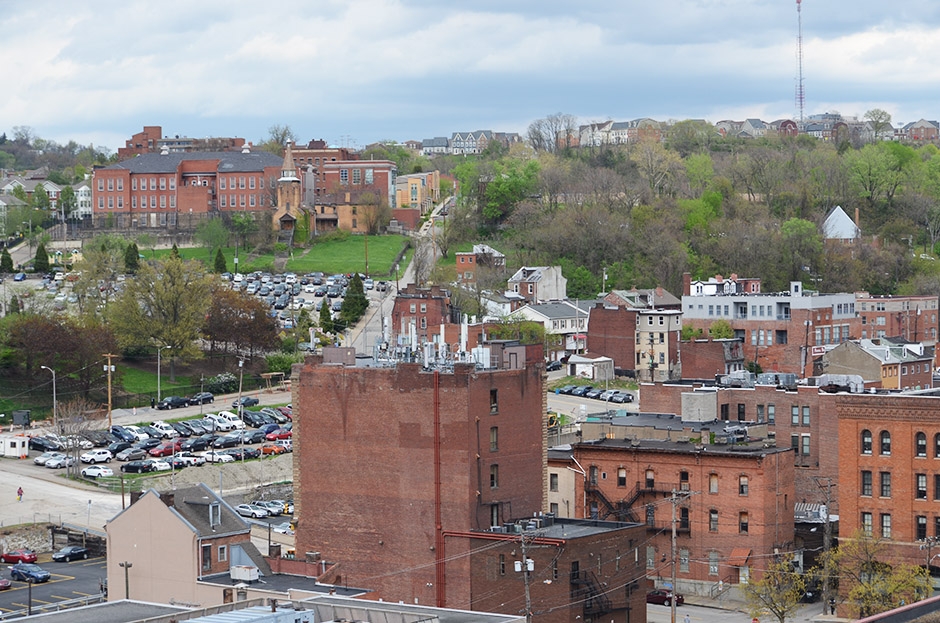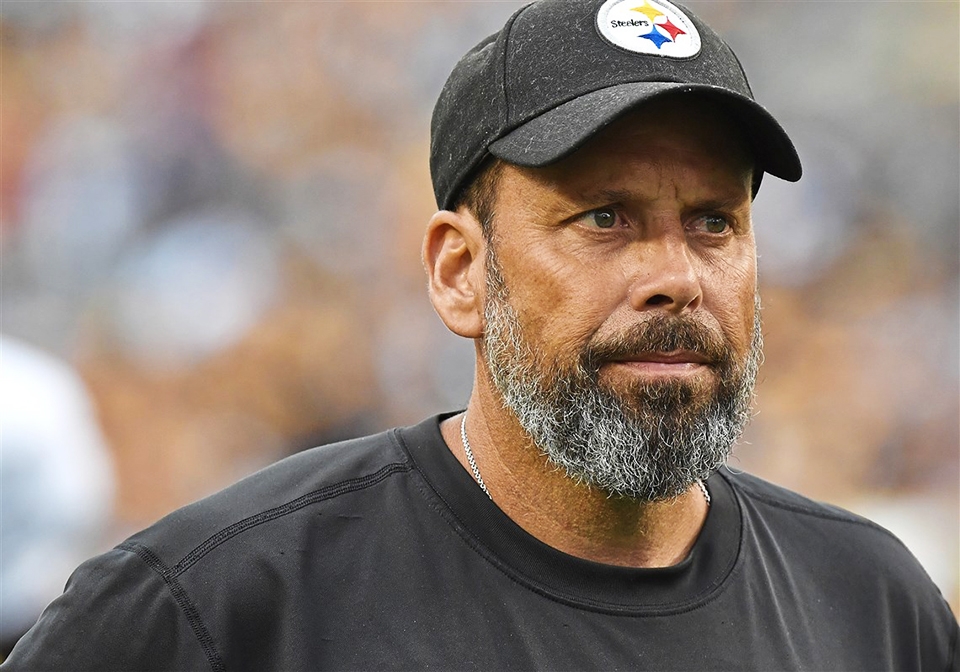
By Rebekah Devorak | Opinions Editor
As much as some people try to deny its presence, global warming is real and can’t be ignored. A quick Google search pulls up handfuls of credible websites with statistics and scientific studies that show the Earth’s temperature is up and its ice levels are down.
This is a controversial problem that can be difficult to talk about, but Duquesne is doing its part to help kick-start the narrative in order to reach a solution.
The university held its inaugural Integrity of Creation: Climate Change conference from Sept. 30 to Oct. 2. Though a number of highly-educated speakers flew in from schools around the country to lecture on a diverse range of topics all relating to the environment, one of the most memorable statements came from a student attending the talk.
At the first panel discussion session Oct. 1, this student said the only way for society to truly change its negative impact on the environment is to start teaching children, from kindergarten through college, ways to live sustainably and be environmentally conscious.
This doesn’t mean just handing out pamphlets about recycling or watching documentaries about deforestation, but consistently incorporating into the curriculum hands-on experiences that will make a difference.
This statement stuck in my mind because it seems so obvious. As scary as it sounds, young people are the future of the world. It’s going to be our responsibility, eventually, to solve the issues that are raging on around us today. One of those main issues will be climate change, even if people don’t want to hear that it will be.
Rather than considering long-term options, Americans want an instant solution; a quick fix that will neatly patch up all of our problems so we see immediate positive results. Unfortunately, this probably isn’t going to be the case with climate change. It’s going to be a process in which we need to display patience.
However, that isn’t always our strongest quality.
When we talk about global warming or the deteriorating environment, the usual solution is for people to change their daily habits: stop drinking bottled water, stop driving cars so often, cut down carbon footprints, etc. That just might be the quickest fix to the climate problem, but most adults don’t want to cooperate.
It’s not necessarily their fault either. Changing those things would throw a wrench into their daily lives and cause unwanted stress, like figuring out how to get to work with an unreliable American public transportation system. Some might also not be able to afford an environmentally-friendly lifestyle. The value right now is placed on cost and convenience over consciousness.
But if we begin to teach children from the earliest possible point how to be sustainable, we can ingrain eco-conscious habits before they have a chance to develop the same ones we’ve been wrestling with for the past 50 years.
Young people are brilliant and have the power to change the world. The sooner we start showing children the importance of recycling or reducing energy use, the sooner we can spark a passion for saving the world in their hearts. It will be sooner that young people can invent new ways to make consciousness cheaper, more accessible and easier to use than we were ever able to. While it’s not the instant solution that everyone seems to be looking for, it’s one that will be stable and long-lasting for years to come.
Young people can erase the general fear right now that future generations will grow up in a failing, deteriorating world because of humanity’s effect on climate change. But it’s up to us to implement the programs in schools, and it’s up to us to give them the tools to lead the way.
If we are able to do that, then that fear will one day be nothing except a piece of distant history.



